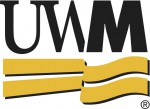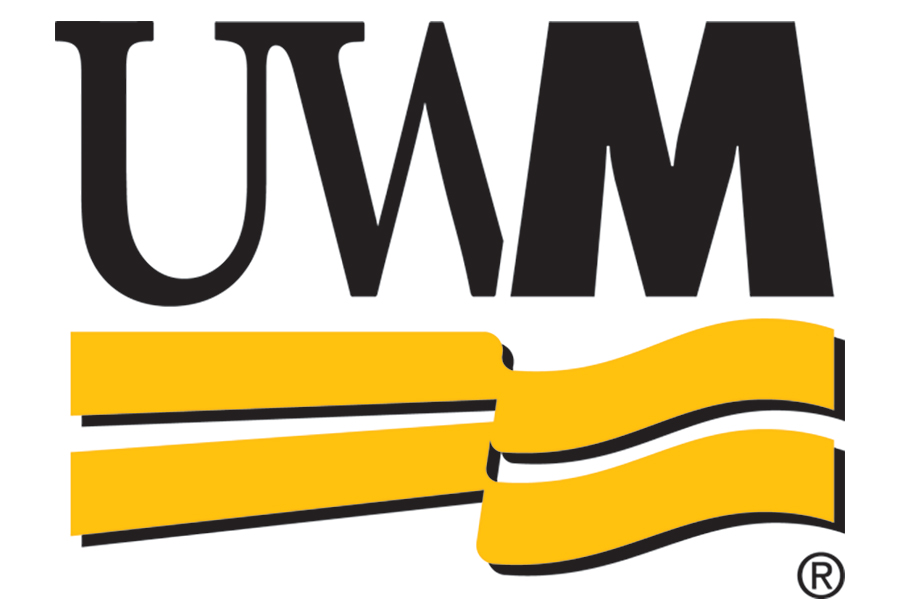Researchers and public health officials need to learn from each other about wastewater surveillance
MILWAUKEE _ Because the virus that causes COVID-19 – SARS-CoV-2 – can be found in sewage, the concentration of the virus in wastewater gives public health officials the opportunity to monitor an entire community at once, independent of testing.
But sewage surveillance during a pandemic is complex, requiring technical expertise and rapid interpretation of the sampling results so that public health officials can act on them.
They wanted to detail the process so that wastewater surveillance can be established nationwide to aid in future pandemics or to track other health concerns, such as the extent of antibiotic resistance that’s present in communities.
“Knowledge transfer and co-development between academic labs to public health agencies is really an important part to understand what the results mean,” said Sandra McLellan, a professor of freshwater sciences at the University of Wisconsin-Milwaukee and lead investigator on the project. “So, the problem now is there’s a lack of relationships.”
The paper was published July 15 online in the journal Emerging Infectious Diseases.
Using wastewater samples in public health surveillance has never been done, McLellan said. Therefore, researchers across the country need to partner with health agencies and wastewater utilities at a grassroots level to trade questions and share experiences if a nationwide program were to be successful.
“Developing one-on-one relationships takes time and capacity,” McLellan said, “so the personnel has to be built into the actual projects.”
Along with McLellan, team member Dominique Brossard, a professor of life sciences communication at UW-Madison, convened a national panel of experts from academia, wastewater utilities and health departments.
“Like any potential technology, being aware of the ethical, social and legal implications is important, as is talking to potentially important stakeholders in the community, like business leaders,” Brossard said. “If a public health department is going to use this, they have to make sure they communicate accurately with their audiences.”
The Centers for Disease Control and Prevention already is developing the infrastructure for a national effort. Through the CDC National Wastewater Surveillance System’s portal, health departments can submit wastewater and associated metadata and receive real-time results to help them in their COVID-19 response. As of June 2021, public health departments in 31 states, two U.S. territories and three municipalities are using CDC funds to support wastewater surveillance activities.
McLellan has provided technical expertise to the CDC for its surveillance system.
Local health departments have used the data to confirm health trends identified through clinical testing and see how it matches with clinical cases, hospitalizations and vaccine rates.
During the current phase of the pandemic, wastewater surveillance also could identify emerging variants that are circulating in the community.
The research was funded by a grant from the Alfred P. Sloan Foundation.
NOTE: This press release was submitted to Urban Milwaukee and was not written by an Urban Milwaukee writer. While it is believed to be reliable, Urban Milwaukee does not guarantee its accuracy or completeness.






















More good work from UWM’s Professor McLellan!